14+ SAMPLE Deli Business Plan
-
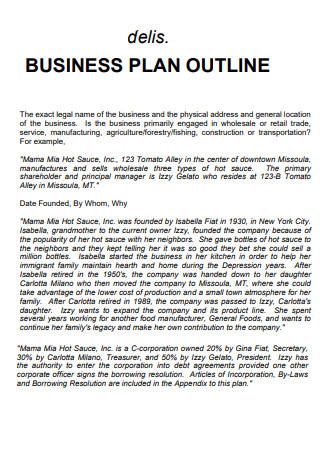
Deli Business Plan Outline
download now -
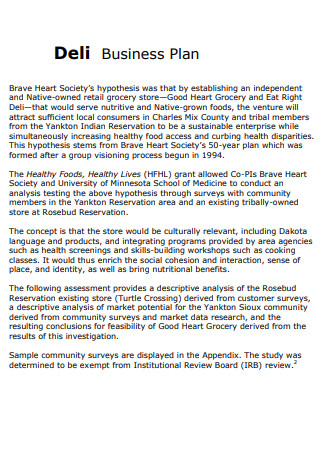
Deli Business Plan
download now -
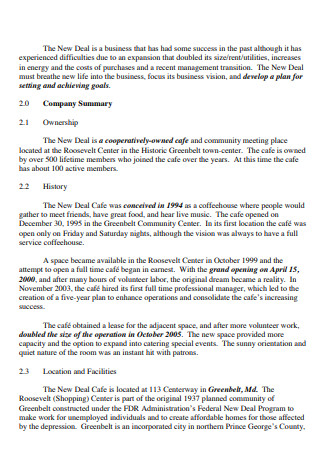
Deli Restaurant Business Plan
download now -
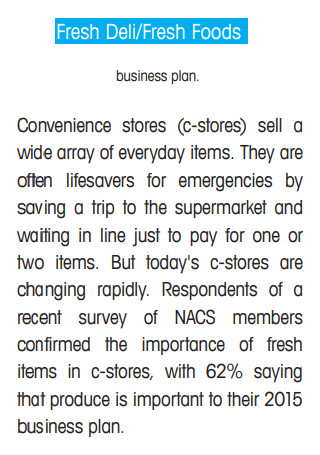
Fresh Deli Business Plan
download now -
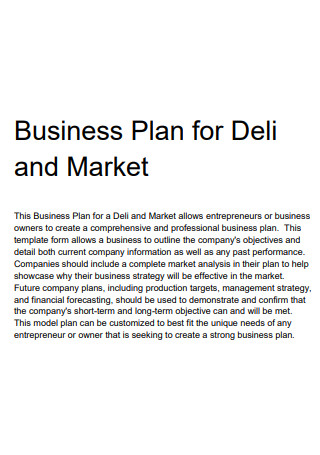
Business Plan for Deli and Market
download now -
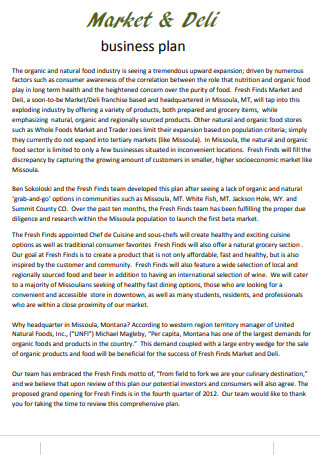
Deli Business Plan Example
download now -
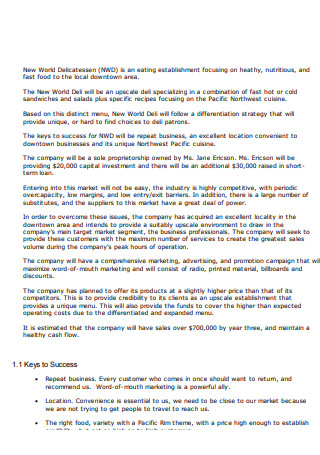
Deli Sample Business Plan
download now -
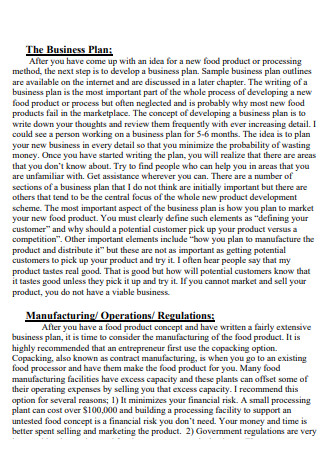
Food Processing Business Plan
download now -
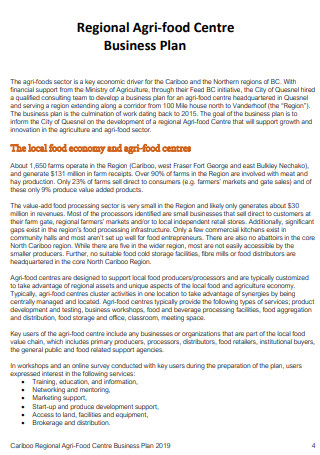
Regional Agri-food Centre Business Plan
download now -
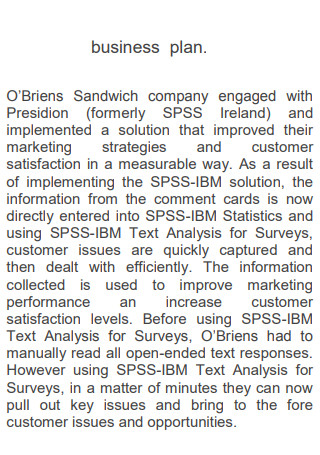
Deli Business Plan Template
download now -
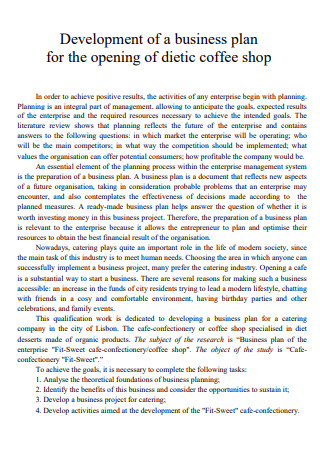
Deli Business Plan Development
download now -
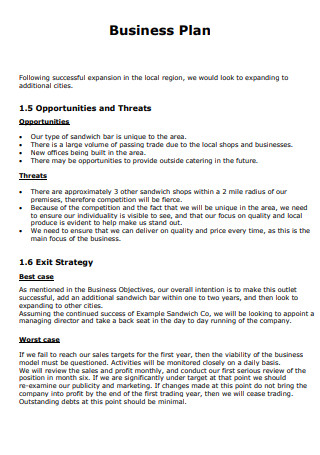
Simple Deli Business Plan
download now -
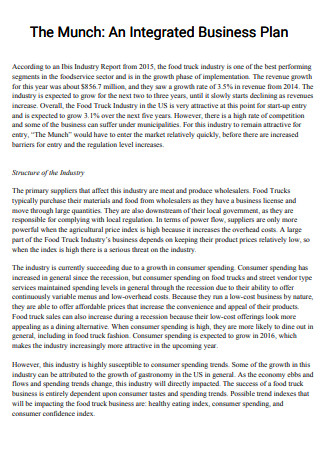
Deli Integrated Business Plan
download now -

Food Enterprise Business Plan
download now -
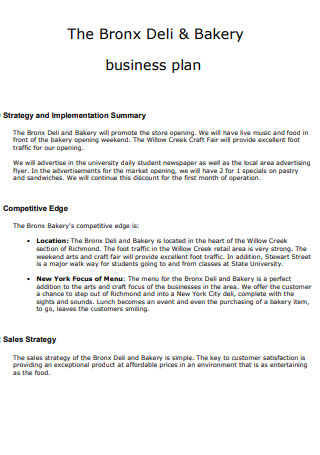
Deli Bakery Business Plan
download now
FREE Deli Business Plan s to Download
14+ SAMPLE Deli Business Plan
What Is a Deli and a Deli Business Plan?
Points to Ponder When Opening a Deli Store
Steps on How to Create a Deli Business Plan
FAQs
What other key considerations are needed when setting up a deli store?
What are the other strategies that can make your deli business successful?
What other food products are sold in a deli store?
What Is a Deli and a Deli Business Plan?
Firstly, a delicatessen, or a deli, is a store that sells convenient foods that are ready-made, or ready-to-eat, requiring almost little to no preparation for cooking, such as salads, sliced cheese, cold cut meats, breads and sandwiches, cured meat, smoked sausages, pre-packed drinks and beverages, et cetera. Delis are often found as a fixture in grocery stores, oftentimes having specially made stalls for their products. Originally from Germany, the concept of a deli store was brought to the United States by immigrating Jewish folks in the 19th century. Since then, the popularity of delis stores grew mainly because of the fine food quality and the freshness associated with it. Delis vary depending on the region. Some delis would sell gourmet foods, exotic foods, and other types of foreign foods and beverages, all ready and conveniently prepared.
Taking their popularity into consideration, delis rely as well on having a good business plan for them to thrive. Investopedia defines a business plan as “a written document that describes in detail how a business-usually a startup-defines its objectives and how it is to go about achieving its goals. A business plan lays out a written roadmap for the firm from marketing, financial, and operational standpoints.” A Deli Business Plan provides the details or steps needed to achieve success in the deli industry. Some questions to consider when making a deli business plan are what type of food products to sell and at what price, costs of maintenance plans, equipment and other resources needed, et cetera.
Points to Ponder When Opening a Deli Store
It shouldn’t be hard to open a deli store business considering the popularity of delis stores growing over the years. It’s easy to anchor on the fact that delis are associated with healthy, fresh, and good quality food products and/or ingredients, plus the added bonus of ready-to-cook, made-to-order, and ready-to-eat type of selections. If you’re thinking about joining the deli store bandwagon, here are some key points you need to consider when opening a deli store.
Steps on How to Create a Deli Business Plan
Once you are aware of what are the key points when setting up a deli store, it’s time to work on the business plan. Having an effective deli business plan determines how successful and how sustainable the deli store business will be. Here are some of the common steps used to create a successful deli business plan:
Step 1: Creating Your Mission Statement
A mission statement explains and communicates the purpose and the reason behind the deli store’s existence. A mission statement also helps boost the employees’ morale and engagement by painting them a large picture of the deli’s goal, so that everyone can work together effectively in accomplishing that goal. In the case of a deli store, the mission statement could include the overall description of the type of deli products they are selling, and also a brief description of what makes their store particularly distinctive from other deli stores. An example deli store mission statement could be: By becoming an essential provider of delicatessen high quality and fresh food products to our local community, and also to service our customers’ needs when it comes to convenience in food preparation.
Step 2: Making a SWOT Analysis
SWOT means strengths, weaknesses, opportunities, and threats. SWOT analysis is used to study a business’ competitive edge and environment to be able to develop strategies and solutions. In a deli store business, SWOT analysis is important because it evaluates how successful the deli store will be in the deli industry. Strengths means what the deli business is good at providing its customers and what uniquely separates it from its competitors. This can be shown through having a strong and loyal customer base, strong brand, and profit in return of investment. Weaknesses, or the disadvantages, are the areas for improvement of a deli store business. It could be in the form of low customer walk-in, low profit return, high debts, low supply of resources, et cetera. Opportunities refers to the external factors that would give the deli business a competitive edge. For example, a boost in advertising marketing campaigns could help increase sales and customer walk-ins. Developing new food product concepts could help establish the deli store’s brand identification in the community. Threats meant identifying what are the potential risk factors that could harm the deli store’s business. An example of a threat could be rising costs in food production supplies. Another could be inclement weather affecting logistics, thereby delaying deliveries of food stocks. Another example would be the increasing deli business competition within the nearby area.
Step 3: Identifying the Market, Location, Resources, and Competition
Another essential step in making a deli business plan is identifying the target market, the location of the deli store, the resources to be used, and the competition. Target market refers to the customers to whom the deli store will be servicing to. Identifying the target market could be done by classifying the customers according to demographics: by gender, by age, by lifestyle, by income, et cetera. Knowing the demographics of your customer could help you in the preparation of the type of deli foods they will be purchasing. Next is identifying the location of your deli store, either as a stand-alone shop or renting a place inside a grocery store. Checking availability of resources is next. Resources refers to the food items or ingredients used in the deli store, the manpower or the staff, or equipment and tools used to run the deli business. Last is checking out the competition. We have mentioned the importance of knowing your local competitors, so in a deli business plan, it is important to be familiar with how your competitors operate to give you a marketing advantage.
Step 4: Establishing your Budget
This is the part where you identify the available capital and source of funds you have. This can also be the marketing budget. You need to have these planned and laid out so that your marketing strategy or action plans later on can fit the budget you have for setting up and running a deli store. In case of securing funds from a lending institution, it is important that you have this business plan on hand so that the lending agency will have an idea on how you will be spending the money and how you plan to gain back the amount.
Step 5: Marketing Strategies and Action Plans
Marketing strategy is how you get the word out there about your deli store. It’s basically developing creative marketing and advertising concepts that appeal to your target market. In a deli store business, your marketing strategy could be creating a unique brand deli logo, and promoting the deli store through social media campaigns, blog posts, and other forms of advertising. Action plan is mostly how you carry out the deli store operation and the marketing strategies. This is where you assign individuals to do marketing campaigns and others assigned on the store’s operation. Another action plan is monitoring the daily sales activity or store’s operation. Providing communication and feedback to your employees is another action plan. Constant communication and monitoring measures the success, feasibility, and sustainability of your deli store business.
FAQs
What other key considerations are needed when setting up a deli store?
Another important factor to consider is knowing the existing rules and regulations of the locality where you plan to open up a deli store. Usually, delis apply the same regulations as with restaurants. Consider as well the registration requirements and business permits needed, as well as policies on food standards. You also need to consider what are the equipment and staffing requirements needed to run a deli business.
What are the other strategies that can make your deli business successful?
One way of making your deli business successful, or boost your sales, is through partnerships with other local businesses. You could partner with the grocery store where you’re located by offering coupons or discounts, i.e., when they buy your food products, they get a certain discount on some items within the grocery store, et cetera. Another strategy could be by creating contests and giveaways prizes.
What other food products are sold in a deli store?
Most popular ones are the meat products, especially the cold cut meats. Some types of cut meats that are sold are pancetta, chorizo, ham, prosciutto, salami, bacon, roast beef, pastrami, turkey and chicken breast, et cetera. Other food products are chicken salad and other types of salads, cole slaw, couscous, different types of cheese, different types of sandwiches, and a wide variety of beverages.
Deli stores offer much more than just healthy, fresh and high quality food selections. In fact, what their customers usually go after are the convenience that these food selections usually come as made-to-order or ready-to-eat. Customers are saved a lot of time for food preparation when buying from delis, not to mention if they’re after the healthy stuff as well. Despite their popularity, deli stores still rely on good and effective business planning for their success. That is why an important tool of a deli store business is having a good deli business plan. And creating a business plan is not that hard at all. Check out our website and download one of our deli business plan templates and see how your deli business grows successfully!
